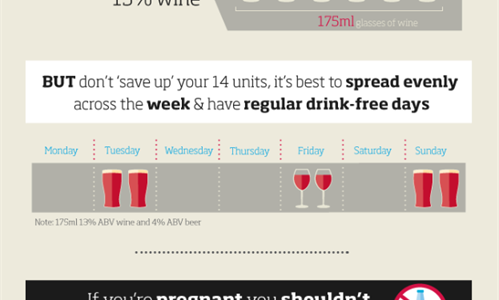Join us to explore how seemingly small features of shop design may help people make healthier food choices. This event will be run on Sunday March 20th at the Cambridge Biomedical Campus (No booking required) Details on the…
Understanding interventions that change behaviour outside of conscious awareness
In a paper published in Health Psychology Review, we have proposed a framework for describing or categorising interventions to change behaviour by the degree to which their effects may be considered non-conscious. This is important because unhealthy behaviours often occur directly in response to environmental cues outside of conscious awareness, meaning that interventions that target non-conscious rather than conscious processes may have significant potential to shape healthier behaviours and improve health. However, examining this key premise requires a practicable conceptual framework that can be used to better describe and assess these interventions. This paper builds on a previous analysis by the same authors highlighting the importance of targeting automatic processes to change behaviour, published in Science in 2012.
Non-conscious processes in changing health-related behaviour: a conceptual analysis and framework. Hollands, Marteau, & Fletcher.
Will the UK’s new alcohol guidelines change hearts, minds—and livers?

Professor Theresa Marteau explores this question in the BMJ arguing that limited evidence suggests the guidelines will have little impact on how much we drink as a nation.
However, she surmises that the effect might be seen indirectly by shifting the public discourse around alcohol consumption to include the increased risks of cancer, thereby increasing public acceptability of policies that are effective at reducing alcohol consumption. This kind of approach might work “…to reduce the blight without losing the delight that alcohol brings”.
Will the UK’s new alcohol guidelines change hearts, minds—and livers? Marteau TM. Access Full Text
Changing Health V: Fashioning Designer Genes: Will Gene Editing Make Us Fitter?
A seminar convened by Professors Sarah Franklin and Theresa Marteau.
Dr Chi Wong of the Sanger Institute will join Mr Jacob Pollock of Christ’s MCR and the Department of Biochemistry to present two short talks on the use of CRISPR-Cas9 for translational biomedicine. The event is chaired by Elisabeth Chen.
